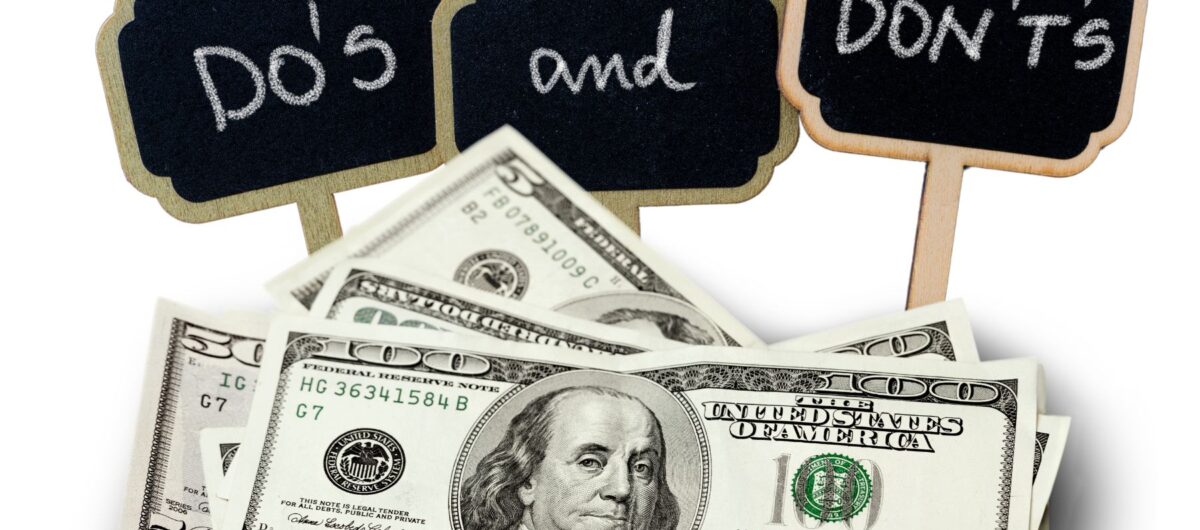As economic uncertainty looms, it’s crucial to make informed financial decisions to safeguard your future. Here are some essential do’s and don’ts to help you navigate through unpredictable market conditions:
Do: Prioritize Your Emergency Savings
Having a robust emergency fund is essential during tough economic times. Aim to set aside three to six months’ worth of living expenses. Automate your savings and use any extra income, like tax refunds, to bolster this fund.
Do: Review and Adjust Your Budget
Regularly revisit your budget to ensure it aligns with your current financial situation. Focus on trimming non-essential expenses and channeling those savings into more critical areas.
Do: Find Ways to Boost Your Income
Look for opportunities to increase your earnings. This could involve taking up additional work, asking for a raise, or developing new skills through online courses.
Do: Negotiate Bills and Services
Reach out to service providers to negotiate better rates on bills like utilities, insurance, and subscriptions. Many companies offer discounts that you might qualify for.
Do: Keep Contributing to Retirement Accounts
Continue making contributions to your retirement accounts. This helps you stay on track with your long-term financial goals and take advantage of any employer matching contributions.
Do: Maintain Accessible Savings
Ensure that a portion of your savings is easily accessible. High-yield savings accounts or money market accounts can provide the liquidity you need during emergencies.
Do: Cut Back on Non-Essential Spending
Reduce spending on discretionary items like dining out, vacations, and entertainment. Adopting a budgeting method, such as the 50/30/20 rule, can help you allocate your income more effectively.
- 50% of your income goes to essential expenses
- 30% to discretionary spending
- 20% to savings and debt repayment
Don’t: Make Hasty Investment Decisions
Avoid the temptation to sell off investments during market downturns. Historically, markets recover, and staying invested can lead to better long-term outcomes.
Don’t: Accumulate High-Interest Debt
Stay away from high-interest debts, particularly credit card balances. Focus on paying down existing debt and avoid taking on new obligations.
Don’t: Splurge on Big Purchases
Postpone or avoid making large, non-essential purchases that can strain your finances. Focus on maintaining your current assets unless a replacement is absolutely necessary.
Don’t: Neglect Saving
Even during a recession, it’s important to keep saving. Small, regular contributions to your emergency fund can add up over time and help you avoid relying on credit.



